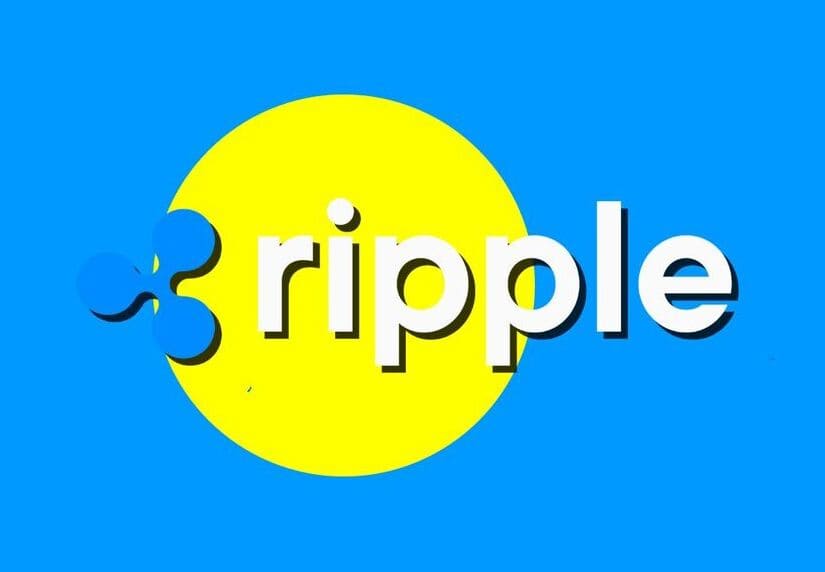TL;DR
- Palau completes Phase 2a of its National Payment Service Project, integrating Ripple-based stablecoins.
- A regulatory and technological framework was developed to support the stablecoin system in the archipelago.
- Phase 2b will focus on strengthening the financial ecosystem and ensuring the scalability and security of the payment system.
The Ministry of Finance of the Republic of Palau has announced the successful completion of Phase 2a of its National Payment Service Project, marking a crucial step in the integration of a stablecoin system based on Ripple’s blockchain technology.
This initiative, known as the Palau Stablecoin Program, aims to create a national payment ecosystem that is both accessible and efficient, particularly focused on the needs of those without traditional banking services in the nation.
🔍Palau released a positive report on their National Payment System, built in concert with #Ripple using the #XRPL, explaining the work continues.
Important to note the stakeholders consulted list – it includes the IMF Tech Assistance Team
1/3
https://t.co/U8biQIPlcK pic.twitter.com/k5dx7MUBOY— WrathofKahneman (@WKahneman) August 19, 2024
During this phase, which concluded on June 30, 2024, Palau has collaborated with Ripple’s Central Bank Digital Currencies (CBDC) team and the Central Bank Engagements team to explore the feasibility of integrating a tokenized USD into its financial infrastructure.
This approach seeks to replicate the success of global payment platforms like PayPal and Alipay, adapting them to meet Palau’s unique socio-economic conditions, where much of the population lacks access to traditional financial services.

Palau Has What It Takes to Digitize Its Economy
A crucial achievement of this phase has been the development of a regulatory and technological framework that will support the stablecoin system’s operation. The Ministry of Finance has made progress in drafting a payment services bill, which will establish a comprehensive legal framework.
This bill addresses essential aspects such as licensing payment service providers. Creating dispute resolution mechanisms, and implementing stringent anti-money laundering (AML) and know-your-customer (KYC) regulations.
Additionally, an exhaustive assessment of the technical infrastructure has been carried out. Confirming that Palau’s digital environment is capable of supporting the implementation of the stablecoin system. Planned improvements include optimizing internet connectivity and enhancing the compatibility of digital devices across the archipelago,. Which is crucial to ensure that all citizens of Palau can access this new digital payment service.
Looking ahead, the project will move into Phase 2b. Where the focus will be on strengthening the ecosystem through the integration of more robust financial, legal, and commercial frameworks. Additionally, efforts will be made to ensure the scalability of the payment system and to protect against potential security threats.


